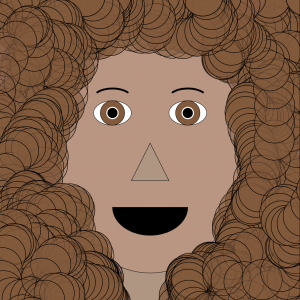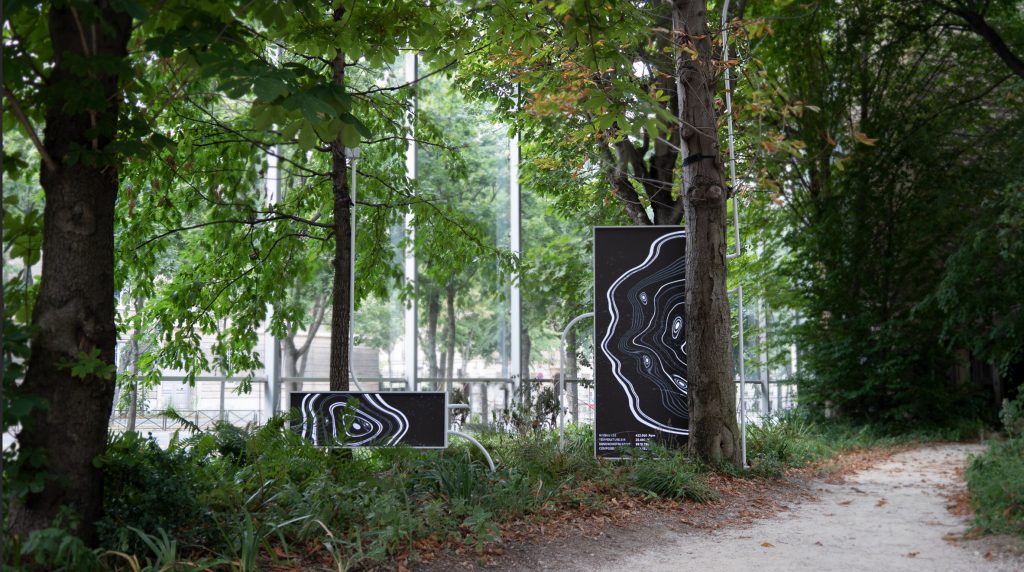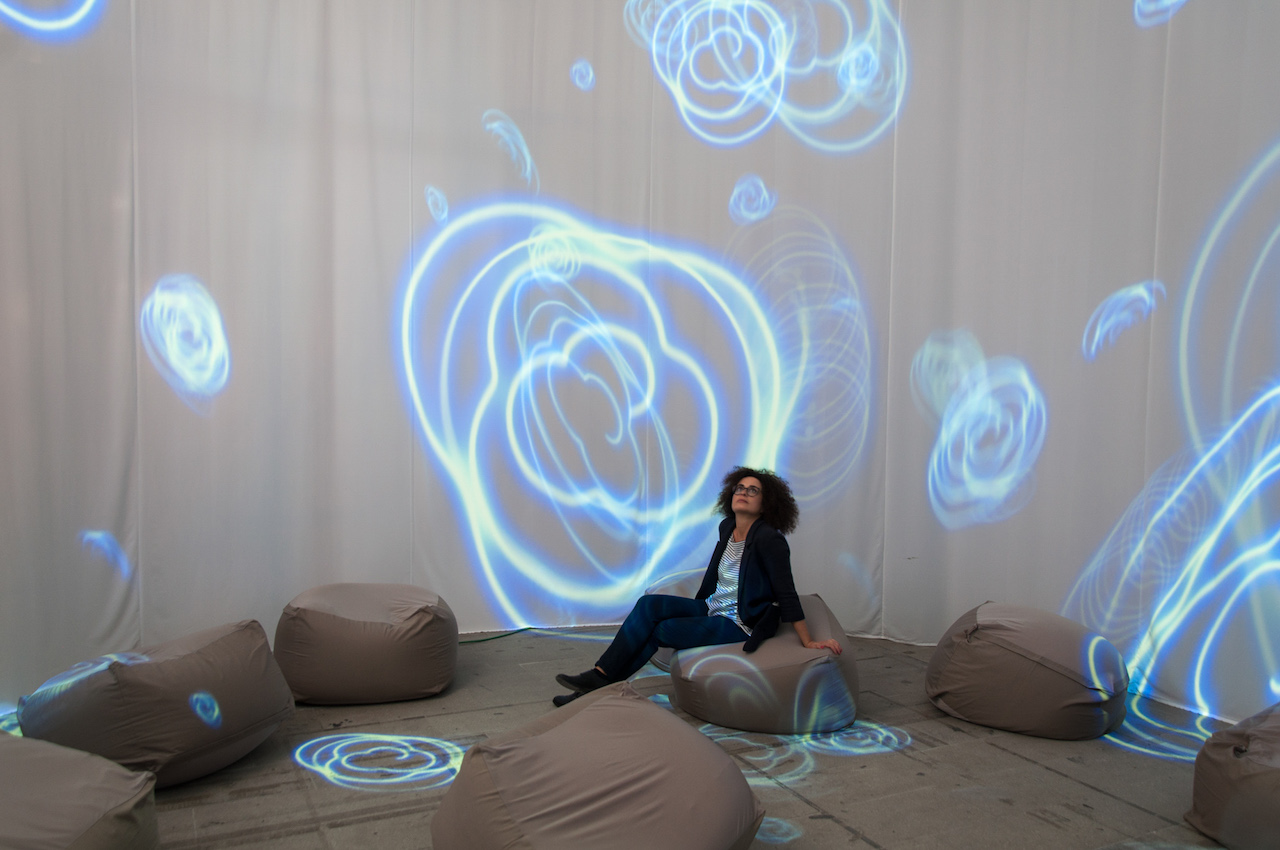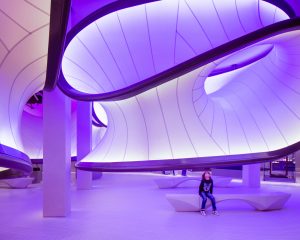I really enjoyed this project as it allowed me to take creative liberties in portraying a few aspects of who I am—an upbeat, fun-loving, Yankees/sports fan—through graphic fundamentals of P5. The coding process was tricky in how long it took to align each of the components I included on the grid system (especially the hat logo), but it was a really rewarding first project.
tcliu-self-portrait
//Timothy Liu
//15-104 Section C
//tcliu@andrew.cmu.edu
//SELF-PORTRAIT
function setup() {
createCanvas(600,600);
background("#CAE9F5");
}
function draw() {
fill("#F5CB9A");
noStroke();
rect(260,270,80,50);
//neck
fill("#FFD3A1");
noStroke();
ellipse(300,200,160,180);
fill("#FFD3A1");
noStroke();
ellipse(220,210,20,45);
fill("#FFD3A1");
noStroke();
ellipse(380,210,20,45);
//head
fill("#23120B");
noStroke();
quad(218,170,235,170,230,195,218,195);
fill("#23120B");
noStroke();
quad(380,170,365,170,370,195,382,195);
fill("#23120B");
noStroke();
arc(310, 165, 80, 25, TWO_PI, PI, CHORD);
//hair
fill(255);
noStroke();
arc(270,200,30,25,PI,TWO_PI);
fill(255);
noStroke();
arc(330,200,30,25,PI,TWO_PI);
fill(0);
noStroke();
ellipse(270,193.5,12,12);
fill(0);
noStroke();
ellipse(330,193.5,12,12);
//eyes
fill(255);
noStroke();
ellipse(270,190,3,3);
fill(255);
noStroke();
ellipse(330,190,3,3);
//pupils
fill("#003366");
noStroke();
quad(200,320,400,320,410,height,190,height);
fill("#1261A0");
noStroke();
quad(203,443,195,height,202,height,208,447);
//shirt/body
fill("#1261A0");
noStroke();
arc(300, 320, 95, 50, TWO_PI, PI, CHORD);
fill("#F5CB9A");
noStroke();
arc(300, 320, 85, 40, TWO_PI, PI, CHORD);
//collar area
fill("#CAE9F5");
noStroke();
triangle(200,320,250,320,190,350);
//Left shoulder
fill("#CAE9F5");
noStroke();
triangle(400,320,350,320,410,350);
//Right shoulder
fill("#003366");
noStroke();
quad(105,450,110,500,200,440,200,345);
fill("#003366");
noStroke();
quad(90,350,110,500,150,450,120,340);
fill("#1261A0");
noStroke();
quad(140,415,138,420,200,360,200,349);
fill("#1261A0");
noStroke();
quad(200,349,200,360,257,327,253,324);
//Right arm
fill("#003366");
noStroke();
quad(495,450,490,500,400,440,400,345);
fill("#003366");
noStroke();
quad(490,500,470,height,430,height,450,400);
//Left arm
fill("#FFD3A1");
noStroke();
ellipse(105,340,60,55);
fill("#FFD3A1");
noStroke();
quad(83,275,93,315,108,320,95,272);
fill("#FFD3A1");
noStroke();
quad(120,273,108,315,118,330,132,276);
fill("#FFD3A1");
noStroke();
triangle(73,322,77,350,120,308);
fill("#F5CB9A");
noStroke();
quad(73,322,82,348,105,340,94,313);
fill("#E4B98E");
noStroke();
quad(97,335,120,364,133,350,105,327);
//Right hand (with peace sign)
fill("#D39972");
noStroke();
arc(300,225,10,40,PI,TWO_PI);
//nose
fill(255,150,150);
noStroke();
arc(300, 235, 60, 60, TWO_PI, PI, CHORD);
//mouth
fill("#003366");
noStroke();
arc(300,170,165,180,PI,TWO_PI);
fill("#003366");
noStroke();
rect(218,155,190,15);
fill("#CAE9F5");
noStroke();
triangle(381,155,420,170,420,155);
//hat
fill(255);
noStroke();
rect(285,120,5,25);
fill(255);
noStroke();
rect(310,120,5,25);
fill(255);
noStroke();
quad(290,120,315,142,310,145,287,126);
fill(255);
noStroke();
quad(290,105,300,118,300,123,287,111);
fill(255);
noStroke();
quad(310,105,300,118,300,123,313,111);
fill(255);
noStroke();
rect(297.5,120,5,28);
//logo on hat
}
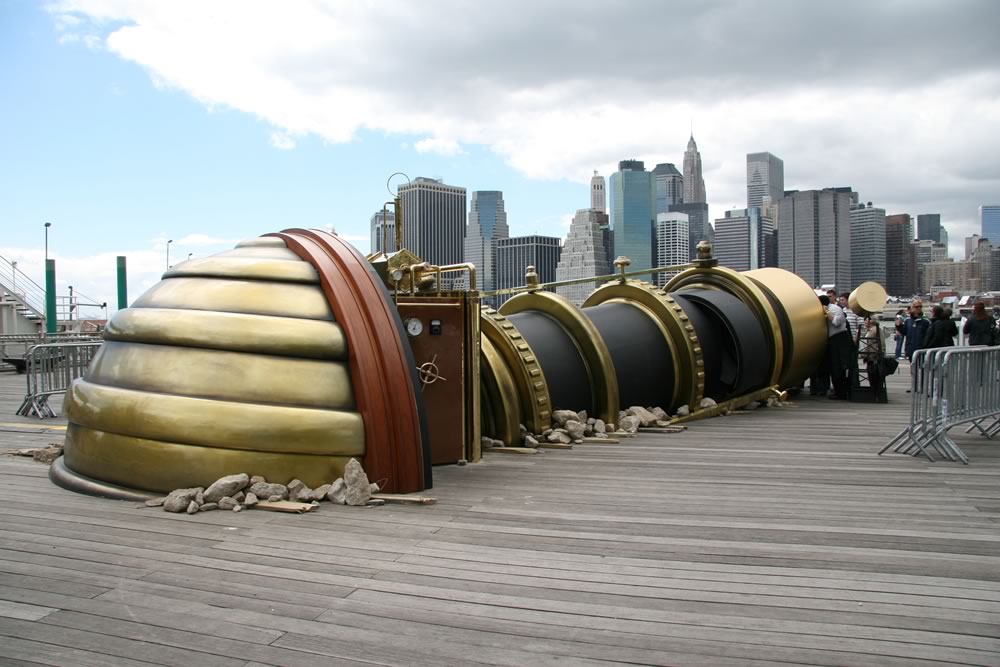
![[OLD FALL 2019] 15-104 • Introduction to Computing for Creative Practice](../../../../wp-content/uploads/2020/08/stop-banner.png)
